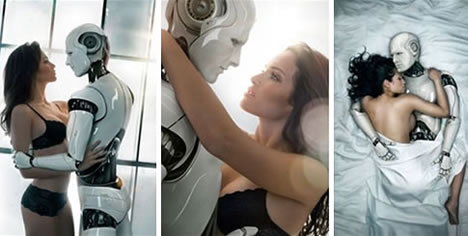Dear Sherry Turkle,
Alone Together seems to be summed by the line, "Technology is seductive when what it offers meets our human vulnerabilities." Your points are intriguing and bolster ideas that I have generated during my studies of interpersonal communication and the effects that the digital world has on it. The problem is whether this is spawned by people themselves, moreover their laziness or fear of doing more in the real world. In response to the text, digital media is becoming ingrained in the human life. Mediated communications are replacing face-to-face interactions because of "ease". Sure, it is easier to e-mail blast wedding invitations to your friends all at once, but where is the value? A wedding is meant to be a ceremony, a celebration, for people joining their lives together. It is one of the greatest human traditions that one would think warrants more than just an e-mail notification. Though, this and other objects in the human life are valuable according to what they are assigned.
Humans attach meaning to objects. As this digital era is growing, people are choosing to love their smartphones, their computers, and their virtual identities. So, it would only make sense that the idea of artificial love would arise. Why bother trying to love a person when you can love a machine, a robot? There is no "betrayal" or "abandonment", how wonderful! But, this is because they are not real. Yet, those in support of A.L. claim the love between human and machine is real. I find it hard to be convinced when the reasons are contradictory. You cannot choose when being "real" counts. Claims can be made that the robots do not matter, it is the point that humans can feel love through a relationship with a robot. (Cue the movie A.I.) But, I see no difference between this and a child with a toy. They play with the toy, talk to the toy, confide in the toy, and even love the toy. But you do not see people marrying teddy bears. Just because a robot is programmed to have human qualities and built to look like a human, does not make it human.
Relationships are maintained by communication between people and the choices each makes in their interactions: verbal, nonverbal, expressions, etc. I have no doubt machines can be realistic, but they will cannot substitute a relationship with a real human person. If someone wishes to love a robot over a human, it says more about that person's upbringing and society than anything else.
- M.


No comments:
Post a Comment